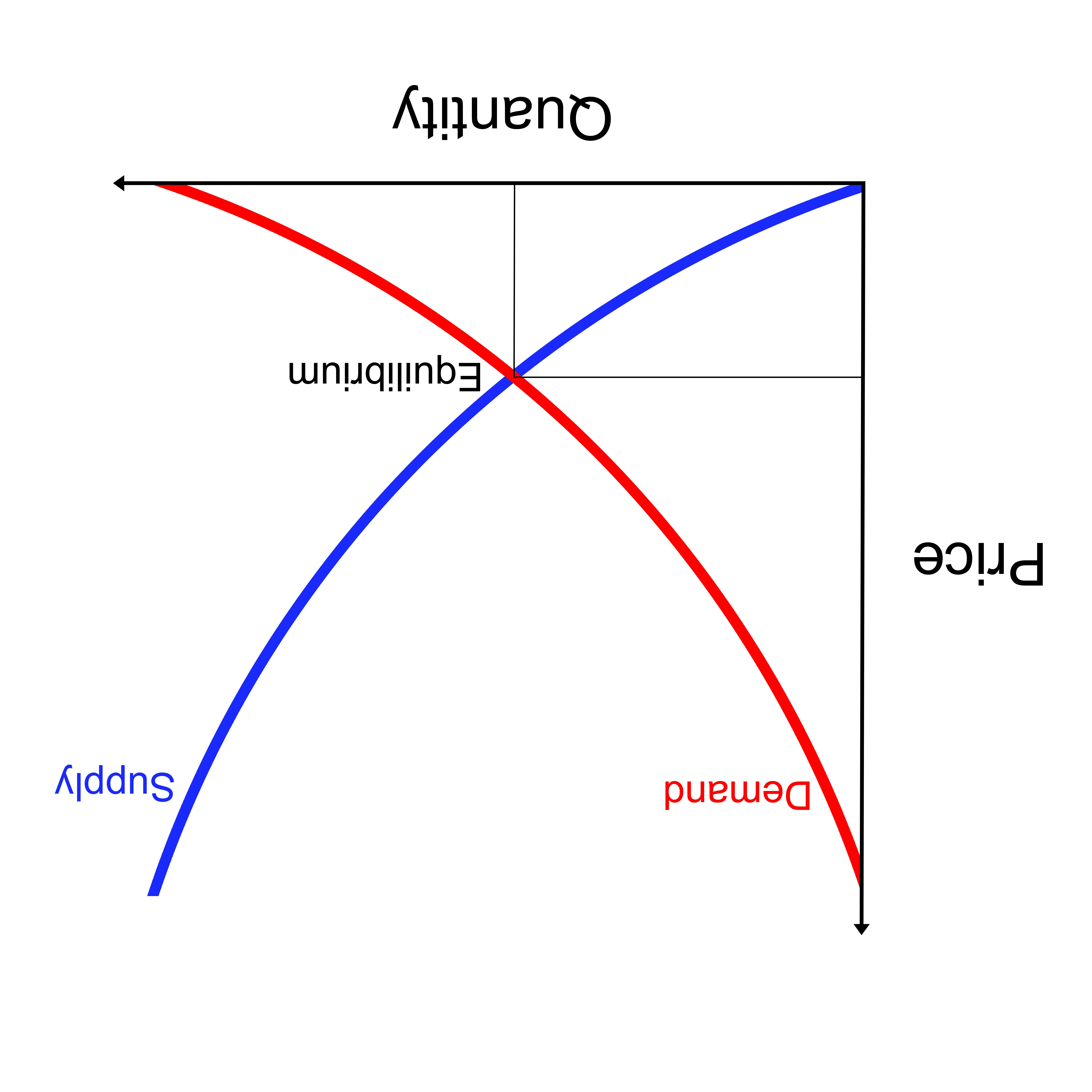Senate Hearing Set to Explore Antitrust Priorities
This afternoon, U.S. Government antitrust policies will come under the microscope as a Senate Judiciary subcommittee holds an antitrust oversight hearing, with testimony from Assistant Attorney General William Baer from the Department of Justice’s Antitrust Division and Federal Trade Commission Chairwoman Edith Ramirez.
The Administration is coming into the hearing fresh off a highly publicized win over Apple, as the Supreme Court refused Monday to hear Apple’s effort to overturn rulings that it engaged in unlawful e-book price-fixing with major publishers (DisCo coverage of DOJ’s win here.) With that issue put to bed, attention may turn to other antitrust priorities. For example, just in the area of technology, a number of major DOJ and FTC merger reviews and enforcement actions have recently concluded, and the FTC has had a long-running review of dubious practices by patent assertion entities.
Another issue that may appear on the antitrust radar is the ongoing DOJ review of consent decrees governing collusive practices by performing rights organizations (PROs) licensing of musical compositions. The consent decrees – the product of antitrust suits against music publishers and rightsholders – are credited with enabling the development of new lawful music delivery services, even if transparency concerns persist. Exactly one year ago today, DisCo covered a previous Senate hearing on PRO practices under these rules, noting that DOJ’s review of PRO practices has the potential to increase transparency in the notoriously opaque music licensing landscape. Currently, licensing uncertainty and gridlock are some of the most significant barriers to a robust and viable music marketplace. Courts have previously found that this uncertainty has been weaponized for use in licensing negotiations.
Likely in response to findings of licensing misconduct in private litigation, DOJ’s attention turned to the problem of so-called “fractional licensing” by PROs and their constituent publishers. Fractional licensing deals with the question of when multiple parties hold an interest in a copyrighted work. How many co-owners’ permission must one obtain? (I.e., If nine co-owners agree to license a work and the 10th says ‘no,’ can the licensee proceed?) Conventional copyright law says yes, and the authorizing owners have a duty to account for profits to remaining owners. One co-owner can’t hold up all the others. Music industry practices attempt to reverse this rule, however, such that everyone can say ‘no,’ but no one rightsholder can unilaterally authorize a licensed use of a work. The rationale for challenging this practice is that it magnifies market share in an already concentrated market. With just a 10% interest in a work, a rightsholder can dictate usage of the entire work. Although the practice is a prescription for gridlock, the possibility that the Justice Department might weigh in on this particular practice nevertheless produced much “unhappiness” in the music publishing industry, as Mike Godwin wrote last year for Techdirt.
PRO oversight is not necessarily the top issue on the Judiciary committee’s agenda, and it may not receive sufficient attention in the hearing. Nevertheless, the outcome of DOJ’s investigation into PRO practices under the consent decrees will have a significant impact on music delivery services nationwide.








